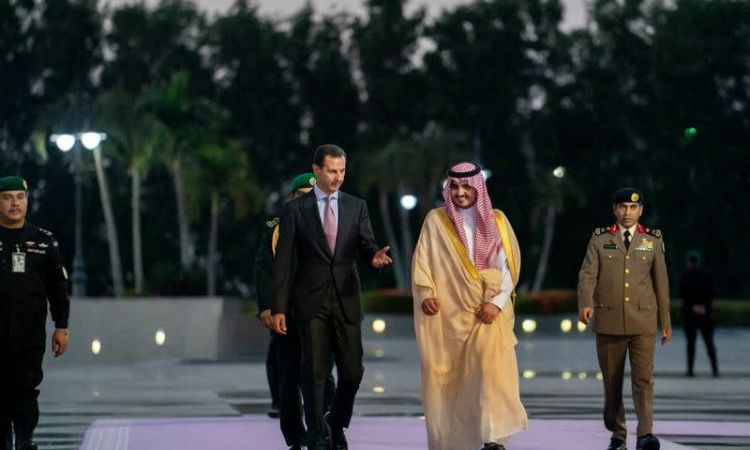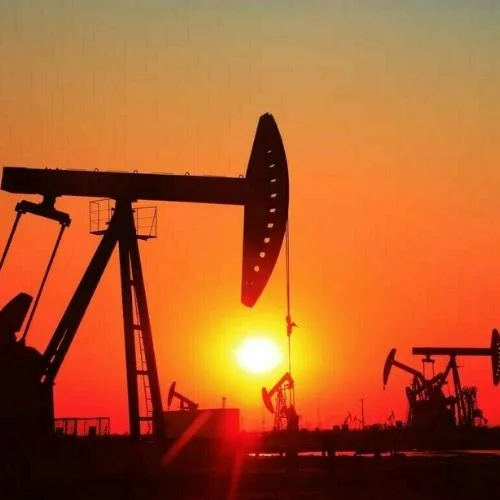Introduction
The presence of Syrian President Bashar al-Assad at an Arab summit in Saudi Arabia marks a significant policy shift by Arab nations, as they embrace the leader who was previously shunned due to the crackdown on protests and the ensuing civil war. This move, opposed by the United States and Western powers, indicates a potential end to Assad’s isolation.

Bashar al-Assad’s Arrival and Reception
Upon his arrival in Jeddah, Assad was warmly received by the Deputy Governor of Mecca region Prince Badr bin Sultan, and Arab League Secretary-General Ahmed Aboul Gheit. The reception hall featured prominent portraits of Saudi Arabian leaders. Assad engaged in a brief exchange with Prince Badr and Aboul Gheit before being escorted to the reception hall.
Bashar al-Assad’s Expected Address
Bashar al-Assad is scheduled to address the Arab summit later in the day, joining other Arab leaders. However, the United States has reiterated its opposition to Syria’s readmission to the Arab League and normalization of relations with Damascus, emphasizing the need to maintain sanctions and expressing concerns over shared objectives.
US Opposition to Assad’s Readmission
The United States, through State Department deputy spokesperson Vedant Patel, expressed its disapproval of Syria’s readmission to the Arab League, emphasizing that sanctions should not be lifted. The US also stated its opposition to normalization with the Assad regime, while highlighting shared objectives such as the return of kidnapped journalist Austin Tice.
US Legislative Measures Against Assad
A bipartisan group of US lawmakers recently introduced a bill aimed at preventing US recognition of Assad as Syria’s president and strengthening the ability to impose sanctions. This legislative move reflects ongoing concerns about Assad’s leadership and his alleged use of chemical weapons, which has been repeatedly denied by the Syrian government.
Bashar al-Assad’s Controversial Presence and Chemical Weapons Accusations
Attendance of Bashar al-Assad at the summit represents a remarkable turn of fortunes for the Syrian leader, particularly considering the previous labeling of him as an “animal” by former US President Donald Trump due to alleged chemical weapons use. The UN war crimes investigators reported more than two dozen instances of chemical weapons usage by Syrian government forces during the civil war, a claim consistently denied by the Syrian government.
Regional Trend of Reconciliation
The inclusion of Assad in the Arab summit aligns with a broader trend of regional reconciliation in the Middle East, where adversaries have taken steps to mend strained ties resulting from years of conflict and rivalry. Arab countries that had supported anti-Assad rebels, such as Saudi Arabia and Qatar, have witnessed the Syrian army, backed by Russia and Iran, regain control of most of the country.
Expectations and Conditions for Assad’s Readmission
While Arab nations have welcomed Assad back into the fold, certain expectations and conditions persist. These include the demand for Assad to curb Syria’s thriving drug trade and the call for the safe return of war refugees. Arab nations aim to address these issues as they move towards restoring relations with Syria, albeit with lingering concerns and requirements for progress.
Conclusion
Bashar al-Assad’s presence at the Arab summit in Saudi Arabia signifies a significant shift in regional policy, as Arab nations begin to embrace the Syrian leader who was previously ostracized. This move is met with opposition from the United States, highlighting the complexities and diverging interests within the region.















